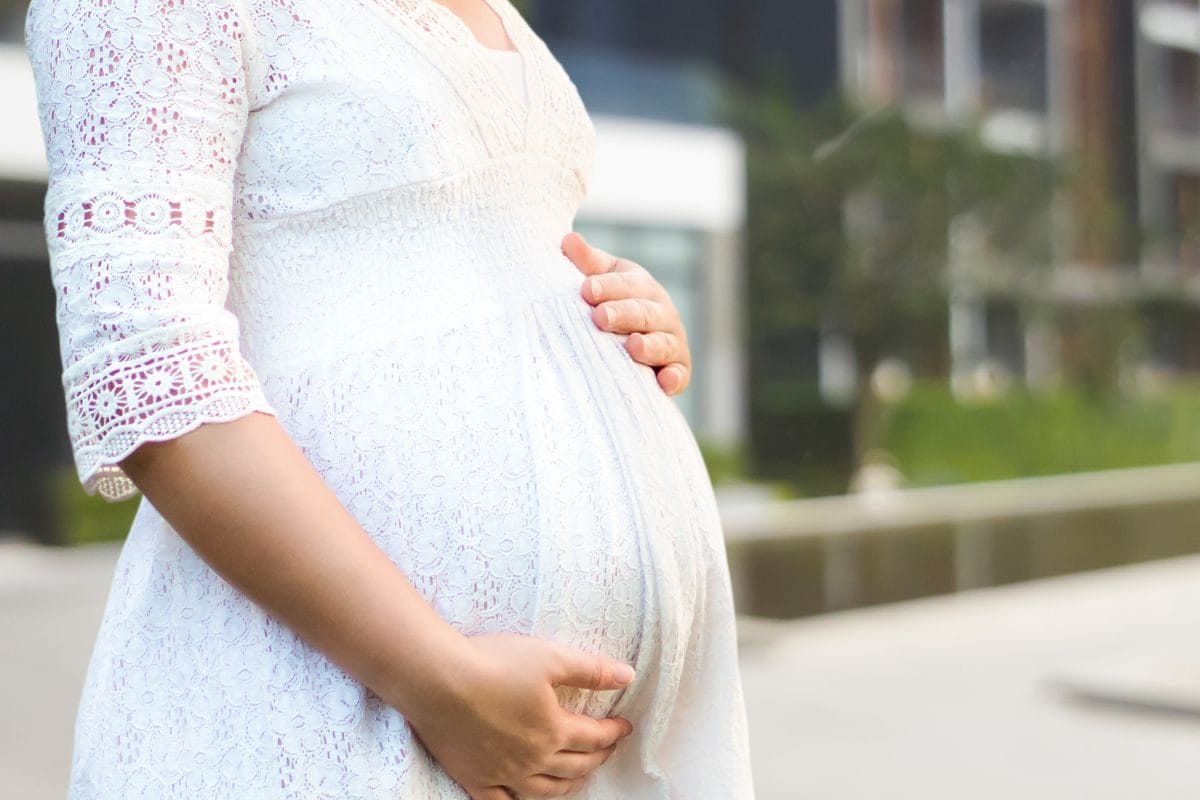The court, while directing the employer to amend its regulation in order to provide 180 days maternity leave to all employees, said ensuring the health of both the mother and her newborn is vital
The Rajasthan High Court has ruled that denying a female government employee 180 days of maternity leave constitutes a violation of her fundamental rights. The court emphasised that obstructing a woman’s ability to exercise her right of motherhood not only infringes on constitutional and statutory protections but also contradicts principles of social justice.
Justice Anoop Kumar Dhand, presiding over the court, ruled in favour of the government employee who was a conductor under the Rajasthan State Road Transport Corporation (RSRTC) and was initially granted only 90 days of leave from her department under Regulation 74 of the RSRTC Employees Service Regulations, 1965. She approached the high court, seeking to extend her maternity leave to 180 days, arguing that the denial was discriminatory and violated her rights, particularly in light of updated laws governing maternity leave in India.
The court reviewed the arguments and noted that while the RSRTC’s regulation limited maternity leave to 90 days, the broader legal context and subsequent amendments — such as the recommendations from the Fifth and Sixth Pay Commissions and the 2017 Maternity Benefit (Amendment) Act — reflect an evolved understanding of maternity leave needs, now extended to 180 days under newer rules.
The court underscored the importance of early parenthood and the need for adequate maternity leave, asserting that “Maternity Leave is not just a benefit but a right that supports the fundamental need of a woman to take care of her family. Whatever is needed to facilitate the birth of a child to a woman, who is in service, the employer must provide, for women to effectively balance their reproductive and maternity roles. The employer must realize the difficulties which a working woman would face in performing her duties at the workplace, while carrying a baby in the womb or while rearing up the child after birth.”
Referencing the landmark Supreme Court case of Municipal Corporation of Delhi v. Female Workers (Muster Roll), the high court affirmed that maternity benefits extend to all women employees, regardless of their employment status. The court further invoked the principle of social justice and the United Nations Convention on the Elimination of All Forms of Discrimination Against Women to bolster its decision. The court highlighted the global recognition of Maternity Leave stating that UNICEF advises that parents engage with their infants through laughter and smiles during the first six months. Consequently, it is essential for mothers to spend significant time with their babies to provide appropriate care and attention.
The court observed that Regulation 74 of the RSRTC’s 1965 regulations had become obsolete in light of the subsequent amendments made to the Maternity Benefit Act. Furthermore, the court noted that limiting maternity leave to 90 days was discriminatory and violative of the petitioner’s constitutional rights under Articles 14 and 21. Citing the Maternity Benefit (Amendment) Act, 2017, the court concluded that all female employees, regardless of their place of employment, were entitled to 180 days of maternity leave.
“Denial of 180 days of Maternity Leave to the female employees working at RSRTC, like the petitioner, undermines a woman’s right to child birth and Maternity Leave, as provided under the Act of 1961 (as amended in 2017),” the court order mentioned.
In furtherance, the court directed RSRTC to amend its regulations to extend maternity leave to 180 days for all female employees. Additionally, the court issued a general mandamus to the Government of Rajasthan and the Government of India, urging them to ensure that private and unrecognised sectors provide similar maternity leave benefits.

